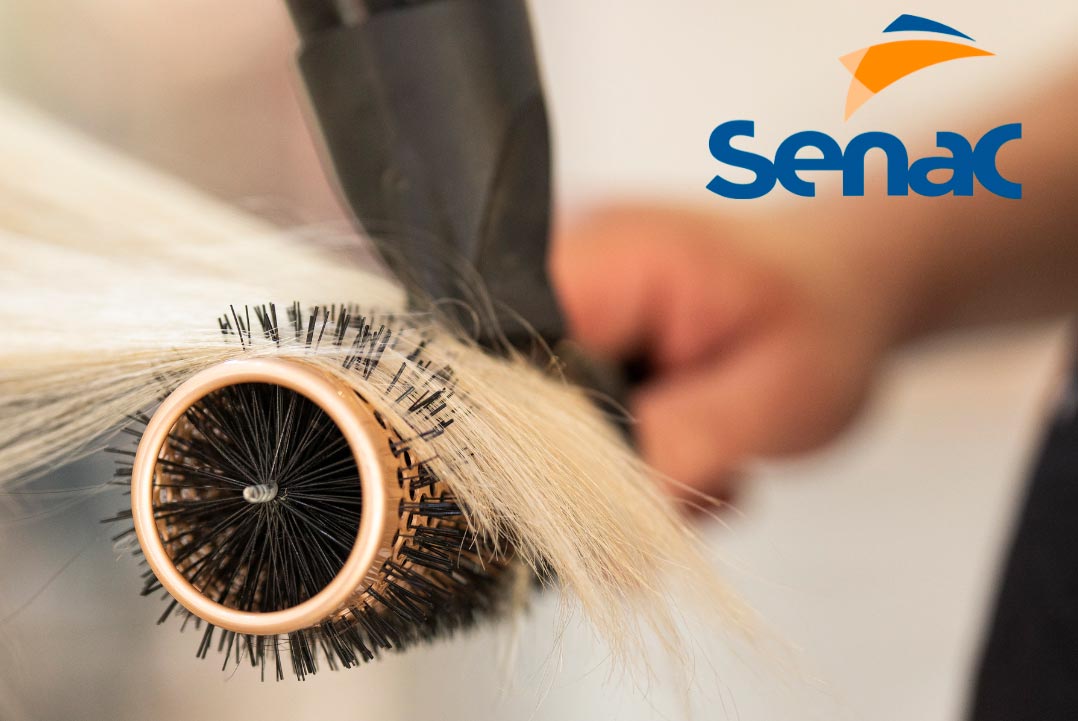Advertisements
To make the most of this type of purchase and avoid pitfalls, it's essential to understand each step of the process. In this comprehensive guide, we'll show you everything you need to know to participate safely and make good deals.
What are Vehicle Auctions?
Vehicle auctions are events organized by official auctioneers where cars, motorcycles, trucks, and other automobiles are sold to the highest bidder. These vehicles can have diverse origins, such as:
Advertisements
- Non-performing loans recovered by financial institutions.
- Corporate fleets undergoing renewal.
- Vehicles recovered by insurance companies after accidents.
- Vehicles seized or sold by government agencies
The main feature of these events is the possibility of finding vehicles with starting prices below market value, often with discounts that can reach 30% or more compared to the FIPE table.
Who Can Participate in Vehicle Auctions?
The good news is that virtually anyone can participate in a vehicle auction, provided they meet a few basic requirements:
Individuals
Any citizen over 18 years of age, with a valid CPF (Brazilian taxpayer ID) and up-to-date documentation (RG or CNH and proof of address) can register and participate. No prior experience or any type of special license is required.
Legal Entities
Companies can also participate, but they need to present their articles of incorporation, an active CNPJ (Brazilian tax ID), and documents of their legal representative. It's an interesting option for companies that want to renew their fleets or for vehicle dealers.
How Vehicle Auctions Work: Step by Step
Participating in an auction requires preparation and knowledge of each step. We will detail the entire process so that you feel confident when placing your bids.
1. Auction Selection
The first step is to choose a reliable auction house. There are several reputable auction houses on the market, such as Superbid, Sodré Santoro, Copart, and Freitas Leilões. Research the auctioneer's reputation, read reviews, and verify that they are registered with the Commercial Registry of your state.
Auctions can be held in person or online, with the virtual format gaining increasing popularity due to its convenience and the possibility of remote participation.
2. Vehicle Catalog Analysis
Before preparing to bid, carefully study the catalog. Auction platforms provide detailed information about each vehicle, including:
- Photos of the exterior and interior.
- Mileage data
- Conservation status
- Information about documentation
- Possible defects and outstanding issues
Many auctioneers also allow in-person visits to the yards where the vehicles are stored. If possible, take advantage of this opportunity to personally inspect the vehicle you are interested in.
3. Registration and Qualification
To participate, you will need to register on the auctioneer's website or attend the auction in person with the necessary documentation. The registration process typically includes:
- Filling out a form with personal data.
- Sending the required documents (ID, CPF [Brazilian tax ID], proof of address)
- Acceptance of the auction rules
In some cases, a security deposit is required as a guarantee of participation, especially for auctions of higher-value vehicles. This amount may be refunded if you do not win any bids.
4. Participation and Bidding
During the auction, whether in person or online, the lots are presented sequentially. Each vehicle has a starting bid set by the auctioneer, and qualified participants can place increasing bids.
A valuable tip is to set a maximum limit for your bids beforehand. In the heat of the moment, it's easy to exceed your planned budget, which can compromise the financial advantage of buying at auction.
In online auctions, you can set up automatic bids up to a predetermined maximum value, making it easy to participate without having to follow the event full-time.
5. Auction, Payment and Collection
If you place the highest bid, congratulations! Now the checkout process begins:
• Payment: After the auction, you must make the payment as established in the auction notice, usually within 3 business days. In addition to the bid amount, you will need to pay the auctioneer's commission (which varies between 5% and 10% of the auction value).
• Documentation: After payment confirmation, the auctioneer will provide the necessary documentation for transferring the vehicle to your name.
• Withdrawal: Once payment is confirmed, you can schedule the vehicle pickup at the designated location. Check the auction notice for the deadline for pickup, which typically ranges from 5 to 30 days after the auction.
Advantages of Participating in Vehicle Auctions
Significant Savings
The main advantage is the possibility of acquiring vehicles for prices well below those practiced in the traditional market. Depending on the condition and demand, discounts can reach more than 301% compared to the FIPE table.
Variety of Options
Auctions offer a wide variety of vehicles, from popular models to luxury cars, with different years of manufacture and conditions. This allows you to find options that perfectly fit your profile and budget.
Transparency in the Process
Official auctions are regulated and follow strict rules, offering legal security in the transaction. Information about the vehicles is made available beforehand, allowing for a proper evaluation before purchase.
Business Opportunity
For entrepreneurs, auctions represent an excellent gateway into the vehicle resale market, allowing the purchase of automobiles with good profit potential after minor repairs or regularization.
How to Find the Best Vehicle Auctions
To find the best vehicle auctions, start by researching specialized and recognized platforms in the market, such as Sodré Santoro, Superbid, Freitas Leilões, and Copart, which have a reliable track record and a wide range of lots available.
Keep up with auction schedules through the official social media channels and newsletters of these websites, as many special offers are announced in advance for subscribers.
Also assess the platform's transparency, checking if it provides detailed information about the vehicles, high-resolution photos, and condition reports.
Another important point is to check the auctioneer's reputation through reviews from other buyers and whether they are registered with the Commercial Registry of their state.
Finally, consider initially participating as an observer in some auctions before bidding. This will allow you to better understand the dynamics of each auction house and identify those that offer the best conditions and opportunities for your buying profile.
Important Tips for Beginners in Auctions
Research Before Participating
Before placing your first bid, participate in a few auctions as an observer. This will help you understand the dynamics and avoid making hasty decisions when it's your turn to actively participate.
Check the Actual Condition of the Vehicle
Whenever possible, have the vehicle inspected in person. If this is not possible, request additional photos or detailed videos. In the case of insurance-covered vehicles, check the type of accident that occurred and assess whether the necessary repairs justify the discount obtained.
Calculate all the costs involved.
In addition to the bid amount, consider the following in your budget:
- Auctioneer's commission
- Transportation of the vehicle to your residence.
- Document regularization (transfer, licensing)
- Possible outstanding debts (vehicle tax, fines)
- Mechanical or aesthetic repairs needed.
Read the Notice Carefully
The auction notice contains all the rules, conditions, and responsibilities involved in the transaction. Take the time to read this document carefully, as it will be your guide throughout the entire process.
Set a limit and respect it.
The excitement during the auction can lead to impulsive bids. Set a maximum value based on prior market research and discipline yourself not to exceed it, even if it seems like you're missing an opportunity.
Final Considerations
Participating in vehicle auctions can be an extremely advantageous experience when done with preparation and knowledge. The savings offered by this type of purchase are real, but it requires caution and research to avoid future problems that could negate the initial benefits.
For beginners, we recommend starting with simpler, lower-value vehicles, familiarizing yourself with the process before venturing into more complex or expensive lots. With time and experience, you will develop a keener eye for identifying the best opportunities.
Remember that, unlike traditional purchases, vehicles acquired at auction typically do not come with a warranty and are sold as is. Therefore, every precaution and prior analysis is essential to transform this type of purchase into a positive and economically advantageous experience.





